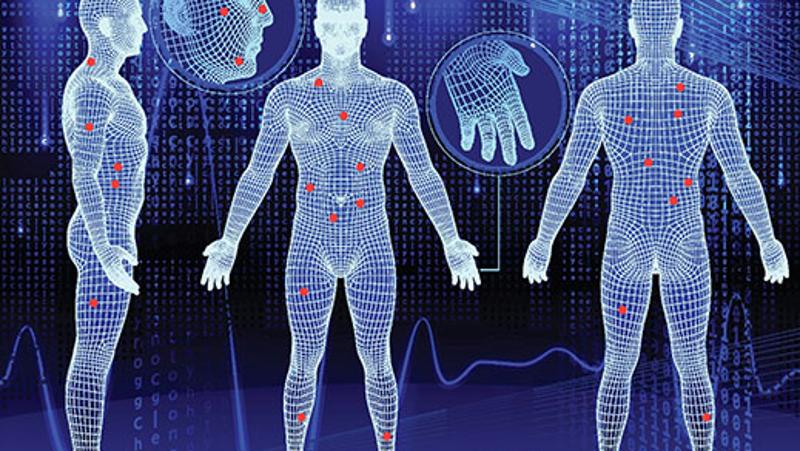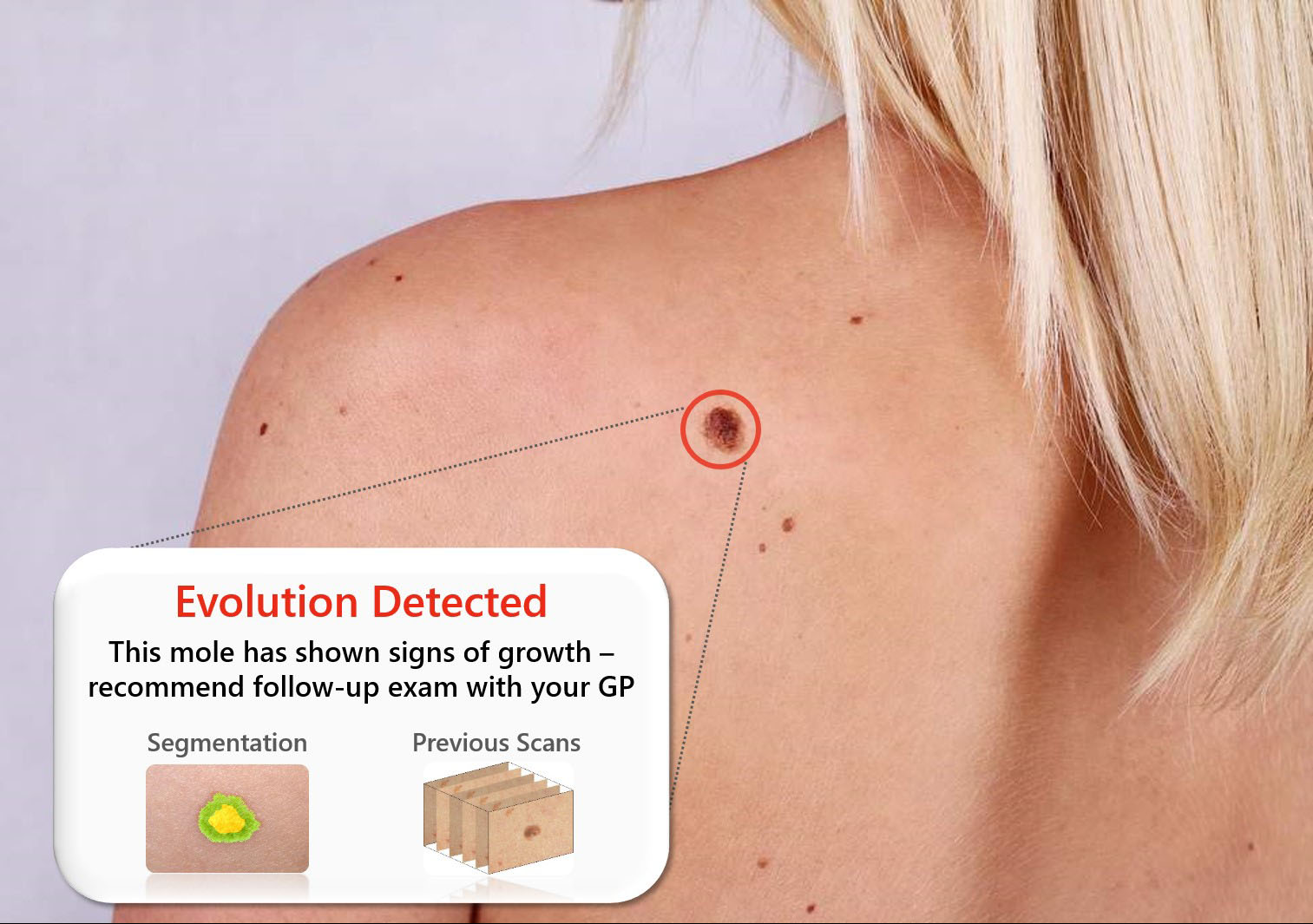
Scientists are working on developing world-first technology to automate skin self-examination, allowing Australians to take a full-body skin mapping scan of moles and lesions in the privacy of their own home.
Artificial intelligence is being enlisted to develop an app to enable Australians to self-diagnose skin cancer by conducting a personal full-body scan via a smart phone at home, in a project led by QUT Future Fellow Dr Anders Eriksson, from QUT School of Electrical Engineering and Computer Science.
The $500,000 project funded by the Merchant Charity Foundation is a collaboration with leading dermatology and skin cancer research experts, Professor Peter Soyer and Professor Monika Janda from the University of Queensland.
“The technology we’re developing will allow a person to simply scan their body with a smart phone by taking a large number of high-resolution images,” Dr Eriksson said.
“The most critical cue for early diagnosis of skin cancer is changes in the appearance of moles and lesions over time.
“The images will be sent to a remote server for processing and within a matter of minutes, a complete 3D reconstruction of the individual’s body is returned, with every mole and lesion identified, analysed, assessed and compared with previous scans.

“This early warning of a change in a mole or lesion will alert a person to see a skin cancer specialist that they can have treatment as soon as possible.”
Dr Eriksson said the breakthrough technology would give Australians the ability to detect skin cancer at an early stage by conducting monthly skin cancer screenings for a fraction of the cost of a physical examination.
“About 30 new diagnoses of melanoma are made each day in Australia – early detection is vital to skin cancer prognosis.
“Mortality is directly related to the depth of the cancer, which depends on how long the skin cancer has been growing unnoticed.
“This technology when fully developed could lift the survival rate of melanoma, as we know if it is caught early the five-year survival rate is greater than 90 per cent.
“For later stage melanoma the survival rate drops to below 50 per cent and once spread to other parts of the body the 5-year survival rate is only around 20 per cent.
“Today the most effective method for improving the early detection rate is patient skin self-examination complemented by physician-directed examination.”
Dr Eriksson said the research was in its early stages of the project, but the new technology was anticipated to be ready in the next three years.
Niki Widdowson, 07 3138 2999 or n.widdowson@qut.edu.au
After hours: Rose Trapnell, 0407 585 901 or media@qut.edu.au




